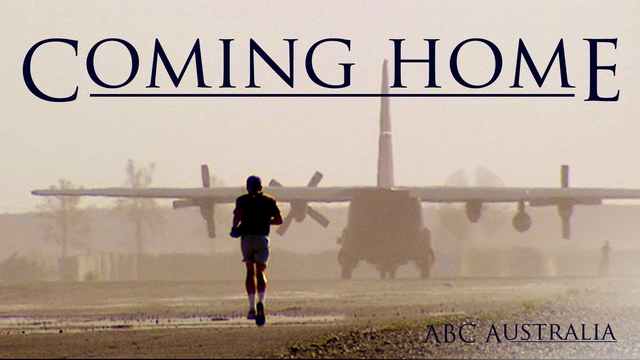The Producers

Sara was the ABCs Africa Correspondent from 2000 to 2005, the first woman to hold this post. She has also reported from Jakarta, the Middle East and London during the 2005 London Bombings. In February 2006, Sara became the presenter of the ABC's Landline. In September 2007, Sally was awarded the Elizabeth Neuffer Fellowship, that recognises women in Journalism, which entails study overseas. In November 2008 she took up the post as the ABC's South Asia Correspondent based in New Delhi, India.
From February to December 2011, Sara was based in Kabul as the ABC's Afghanistan correspondent which included numerous assignments in the field reporting on the war from both the Afghan and NATO sides of the conflict. Sally spent one year covering the war in Afghanistan. She reported from the frontline, entrenched with coalition forces. Sara has covered terrorist attacks, political unrest and followed the rebuilding of the country. Despite many restrictions on the activities of women in Afghanistan, Sara said she never faced a situation where she was denied interviews with officials or religious leaders. She was permitted entrance to the private homes of women forbidden to male reporters which allowed her more access in her role as a foreign correspondent. In a society segregated by gender, Sara said that being a female reporter allowed her to have access to women to be able to tell their stories and thats really important. In a place like Afghanistan women and children make up almost three quarters of the population so its crucial that their voices are heard.
She has reported from more than 30 countries including Iraq, Afghanistan, Lebanon, Sierra Leone, Sudan, Zimbabwe, South Africa.
 Major Marc Dauphin was a super-confident, can-do medic fixing shattered bodies and trying to save lives as he ploughed through relentless shifts at the military hospitals in the world in Kandahar Air Base, Afghanistan. But how exactly are you supposed to return to normality from such an extreme existence?
Major Marc Dauphin was a super-confident, can-do medic fixing shattered bodies and trying to save lives as he ploughed through relentless shifts at the military hospitals in the world in Kandahar Air Base, Afghanistan. But how exactly are you supposed to return to normality from such an extreme existence?



